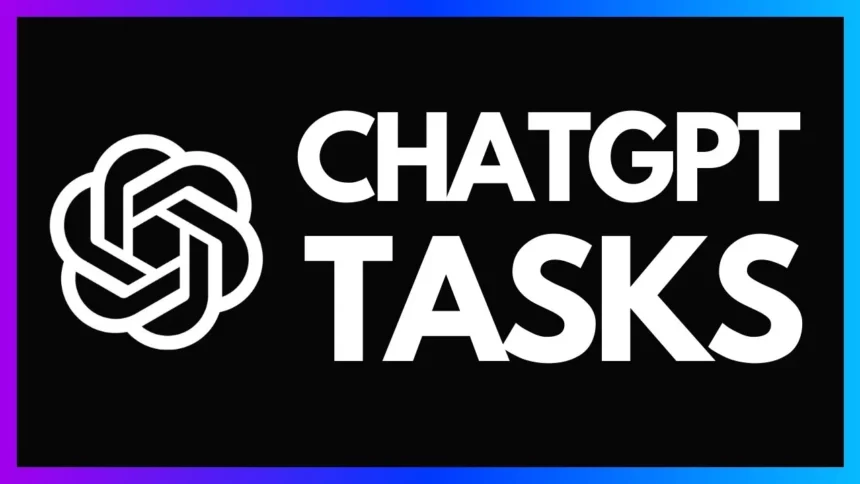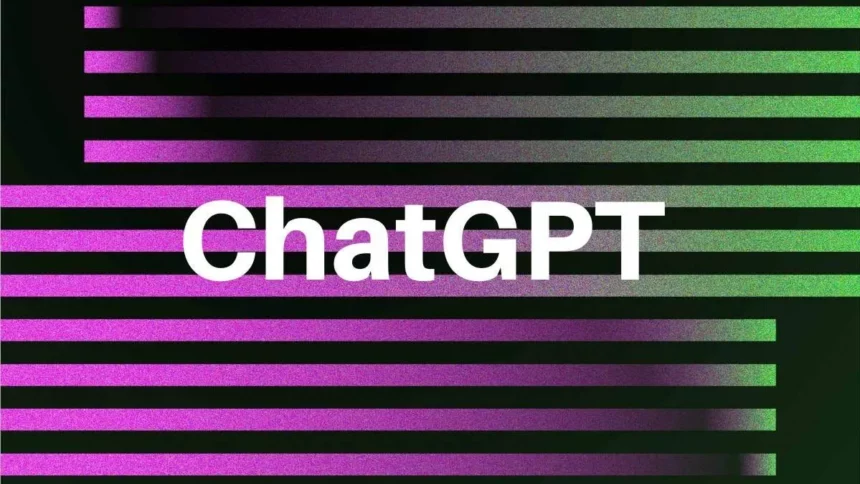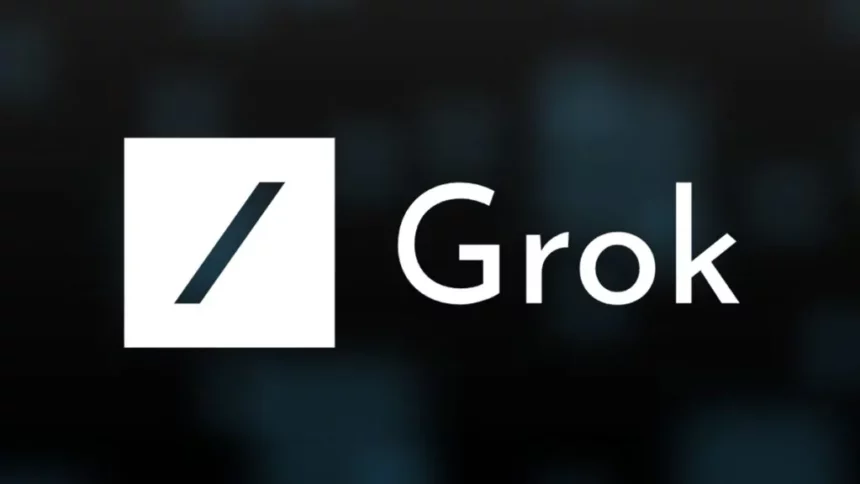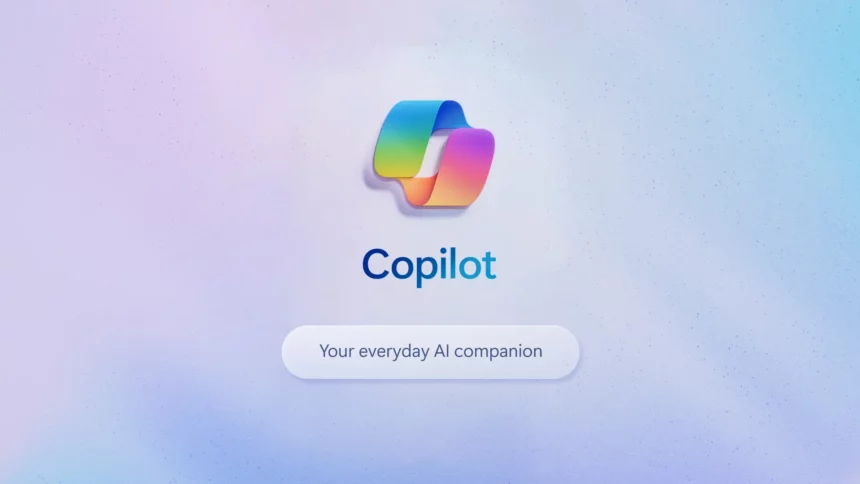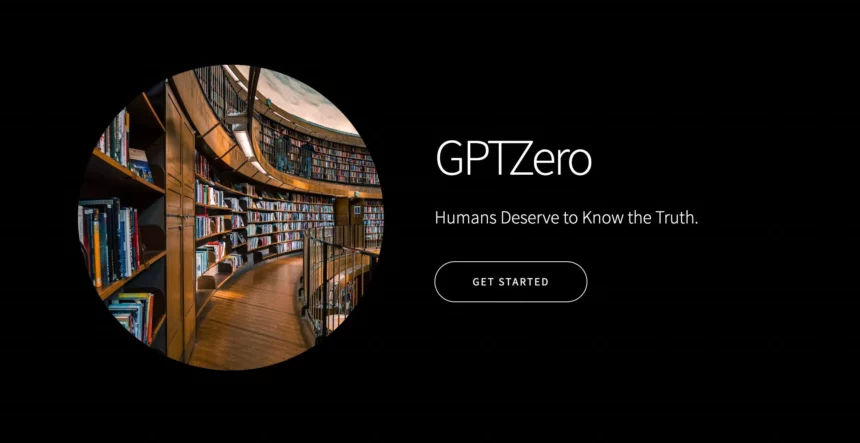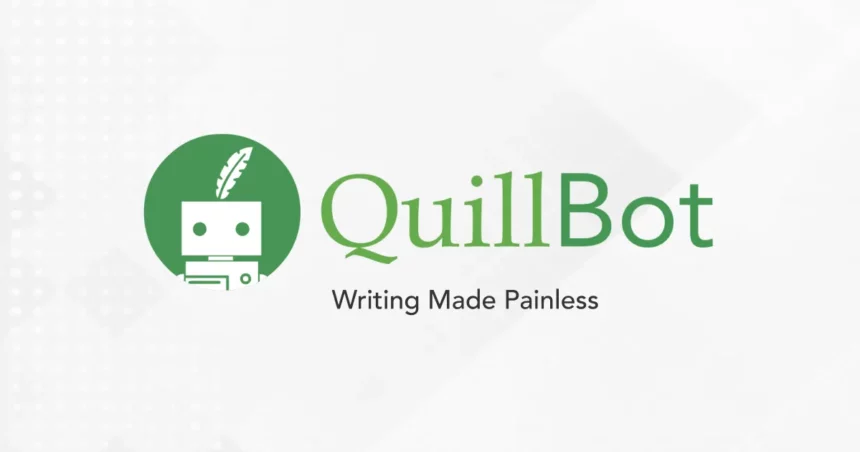What Is the ChatGPT Tasks Feature and How Does It Enhance Workflow Management
The ChatGPT Tasks feature enables users to create automated, scheduled prompts that run at specific times or recurring intervals. It allows for proactive engagement by delivering reminders, briefings, or practice sessions without requiring a user to be online. This feature supports ChatGPT models o3 and o4-mini, and functions on multiple platforms including ChatGPT Web, iOS,…
Can ChatGPT Watch Videos? Limitations and Future Possibilities
ChatGPT cannot watch videos directly. It lacks the ability to process visual or audio content from videos as it is a text-based AI model. ChatGPT works by interpreting and generating text based on the input it receives, without accessing or analyzing multimedia files. The model's design restricts network access, preventing it from streaming or viewing…
Will OpenAI’s Operator Develop a Business Similar to ChatGPT Operator
OpenAI's Operator mode offers a unique opportunity to build businesses similar to ChatGPT Operator by enabling autonomous AI agents to perform complex, multistep tasks on the web. Entrepreneurs already use Operator to launch profitable ventures, demonstrating its strong business potential and versatility. Operator amplifies productivity by automating tasks such as form-filling, online ordering, and data…
Paid GPT-4 Versus Bing Chat and ChatGPT: Performance, Features, and User Experience
Paid GPT-4 stands out as a more accurate and powerful model compared to Bing Chat and ChatGPT 3.5, especially for academic and logical tasks. While Bing Chat offers live web search and source citations, it demonstrates notable limitations in censorship and performance consistency, whereas ChatGPT 3.5 remains a fast, helpful tool without browsing capabilities. GPT-4,…
Grok 3 versus ChatGPT: Key Differences and Performance Benchmarks
Grok 3 and ChatGPT represent two leading AI language models, each with unique strengths and target audiences. Grok 3, developed by Elon Musk’s xAI, aims to be the “Smartest AI on Earth,” focusing heavily on advanced reasoning and STEM tasks. ChatGPT, created by OpenAI, emphasizes natural, human-like conversation and versatile language applications. This comparison explores…
Best AI Tools for Students in 2025: Your Guide to enhance School Work
Choosing the best AI for school work depends on matching your academic needs with specific AI tools tailored to improve productivity, understanding, and creativity. In 2025, various AI technologies serve as effective assistants for students across different subjects and tasks. These tools simplify complex material, enhance learning, and support writing, research, math, and presentations. Claude…
ChatGPT Pro vs Microsoft Copilot: Features, Ecosystems, and Capabilities
The difference between ChatGPT Pro and Microsoft Copilot lies mainly in data access, integration, functionality, and usage context. ChatGPT Pro is a standalone AI offering fast GPT-4 responses with limitless memory and document uploads but without access to user-specific or tenant data. Microsoft 365 Copilot integrates deeply into Microsoft Office apps and Windows, providing AI-powered…
Which AI Content Detector Outperforms: GPTZero or ZeroGPT?
What is Better, GPTZero or ZeroGPT? GPTZero is generally considered the better AI content detection tool due to its higher accuracy, broader model detection capabilities, and strong professional reputation, despite its higher cost compared to ZeroGPT. Both GPTZero and ZeroGPT serve the important role of identifying AI-generated text, helping users maintain content authenticity and avoid…
Top ChatGPT Alternatives in 2025: Key Options for Different User Needs
ChatGPT alternatives include a range of AI models and platforms developed by various companies, each offering unique features and strengths that cater to different user needs. Users seeking alternatives can explore models like Claude by Anthropic, Google Gemini, Microsoft Copilot, and Amazon Nova Pro, among others. These models provide options with distinct capabilities in understanding,…
Is QuillBot AI Checker Accurate? Assessment of Performance and Reliability
QuillBot AI checker is part of a recent comparative test involving 10 AI content detectors, but its exact accuracy remains unclear due to the lack of specific performance data. The testing assessed detectors on five text samples, including those written by humans and AI. While some AI checkers delivered perfect detection, QuillBot's detailed results were…


